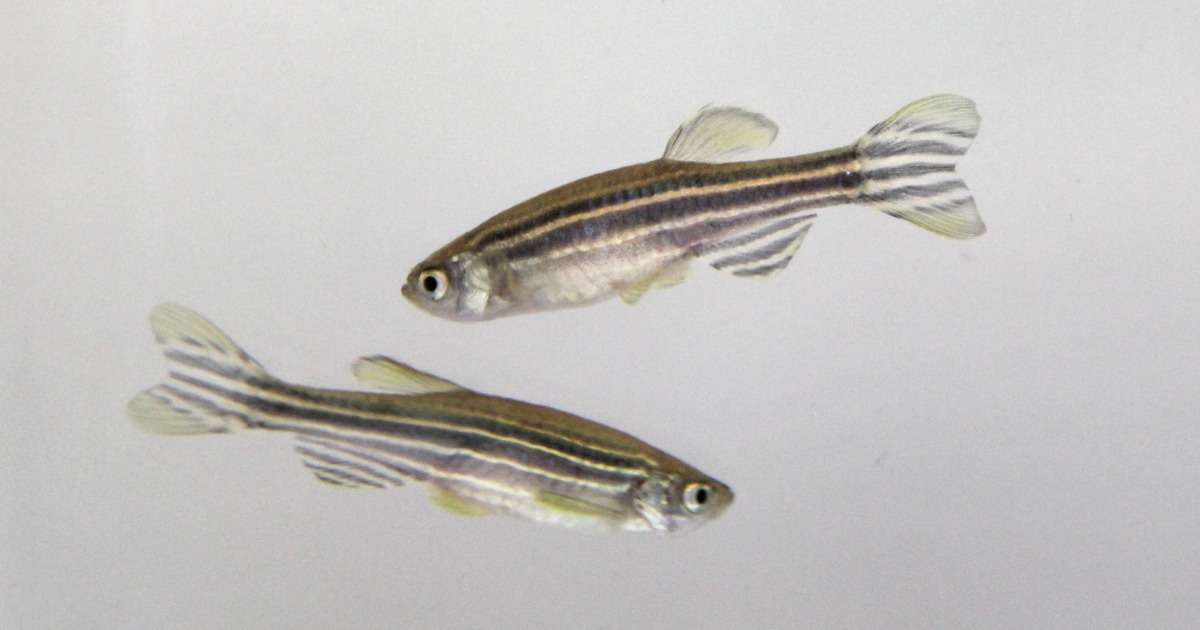
Zebrafish tracking to uncover subtle effects of embryonic alcohol exposure
Zebrafish are not the first species one might think of as being exposed to alcohol in their natural environment.
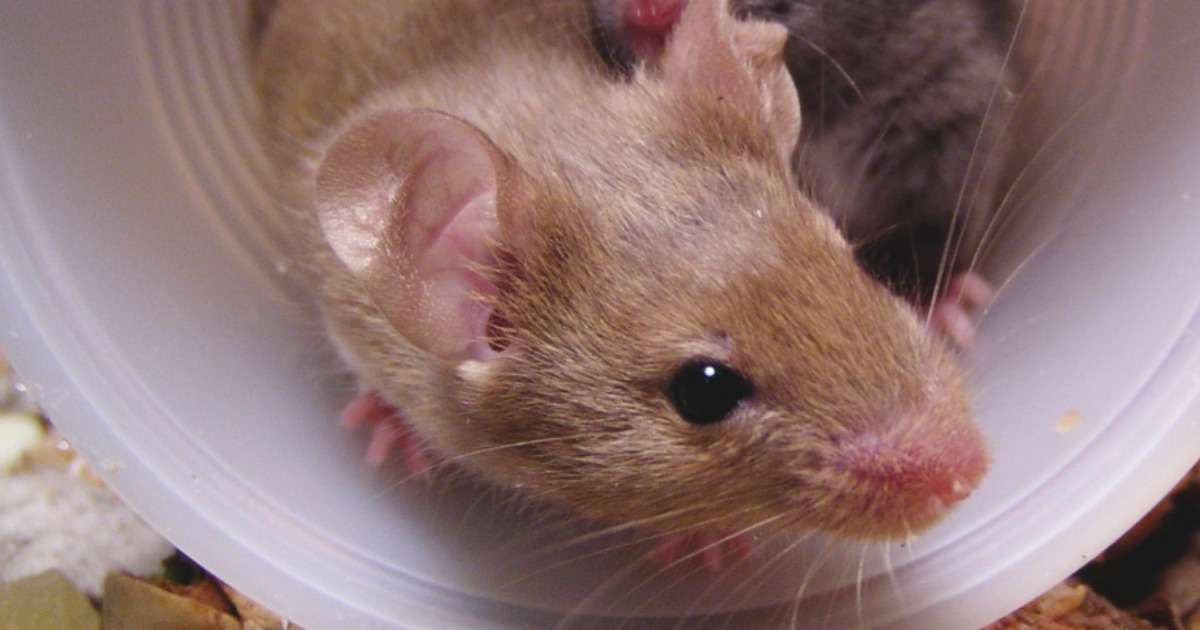
Optogenetics and operant conditioning
A great example of optogenetics in behavioral studies is the work of Dr. Kravitz and Dr. Kreitzer at the Kreitzer lab (currently, Kravitz works at the NIDDK in Bethesda). Let me tell you about it.
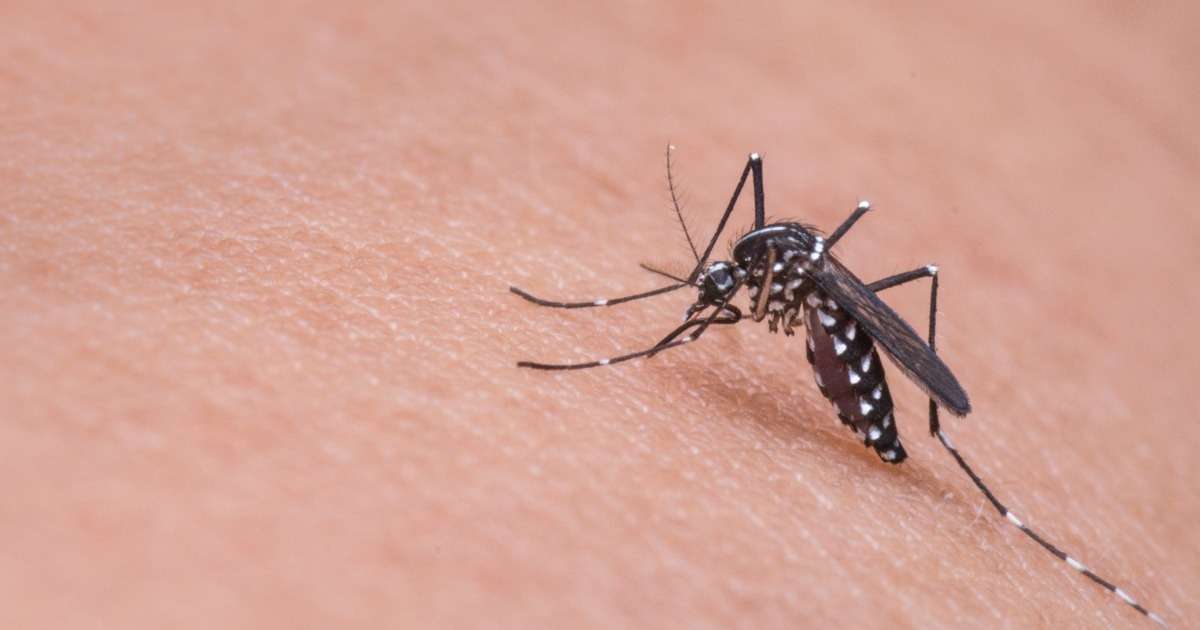
Video tracking and a bug repellant stronger than DEET
Last year the news was hitting the internet: The Zwiebel lab (Vanderbilt University, Nashville, Tennessee, USA) may have found a new bug repellant that is stronger than DEET.
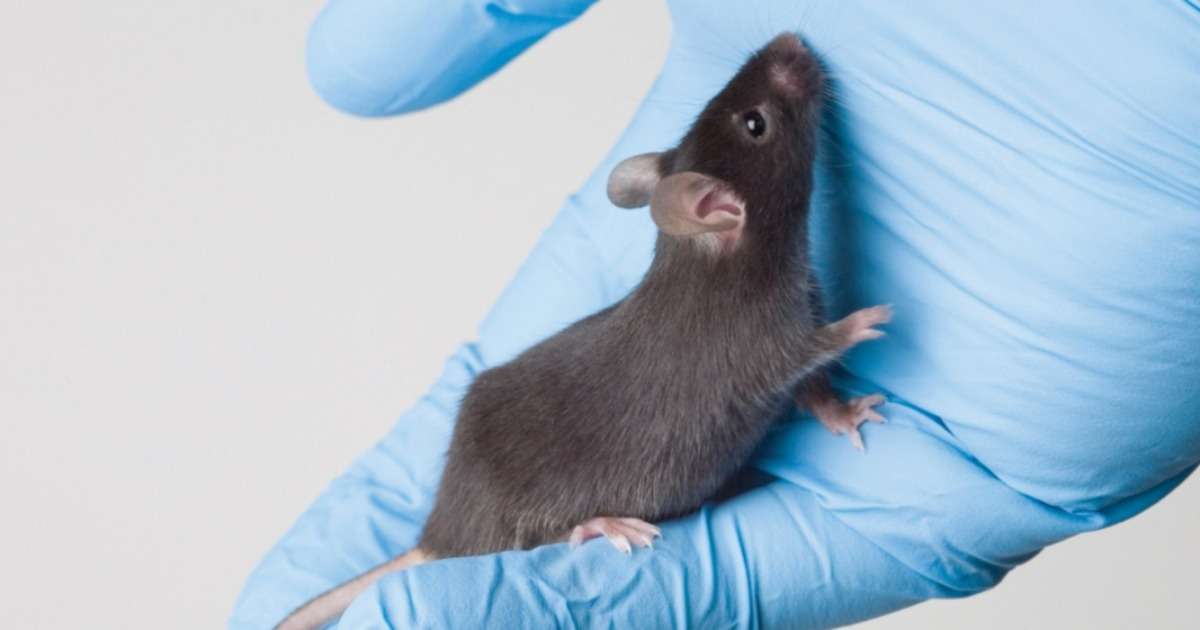
Optogenetics - Shining a light on brains and behavior
Brains are complicated. We all know that. Like an entangled bunch of wires. Still, over the years, neuroscientists have been able to map out several brain regions and their functions in behavior and physiology.
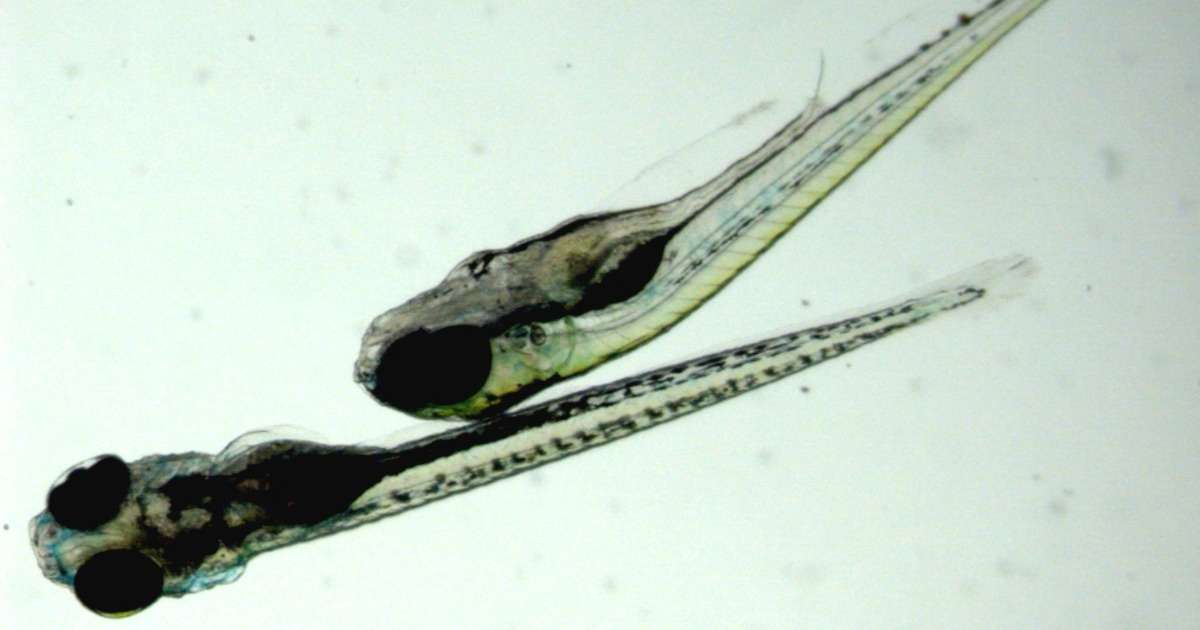
Tracking zebrafish in 3D
Recognizing the lack of hands-on education, Dr. Kalueff has started organizing zebrafish behavioral neuroscience and phenotyping workshops. The workshops ran just before and after the SfN annual meeting, October 2012.
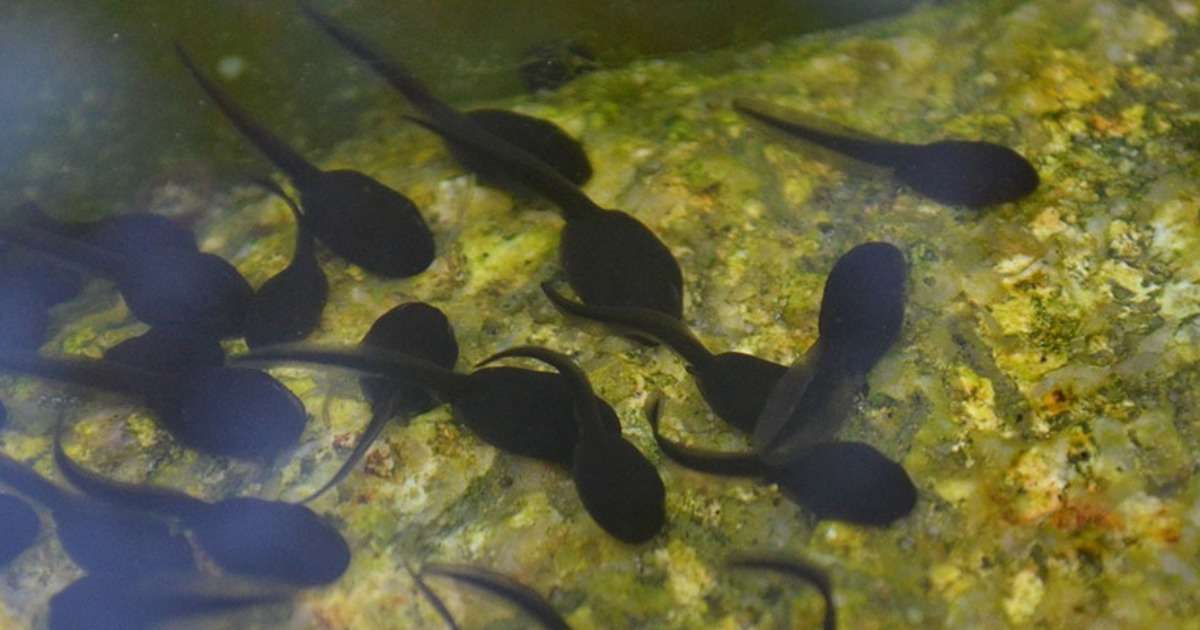
Tracking tadpoles – why video tracking is important in ecotoxicology
The study of behavior has proven itself to be useful in the context of ecotoxicology; the assessment of the impact of pesticides on ecology systems. It is a valuable tool in the risk assessment.
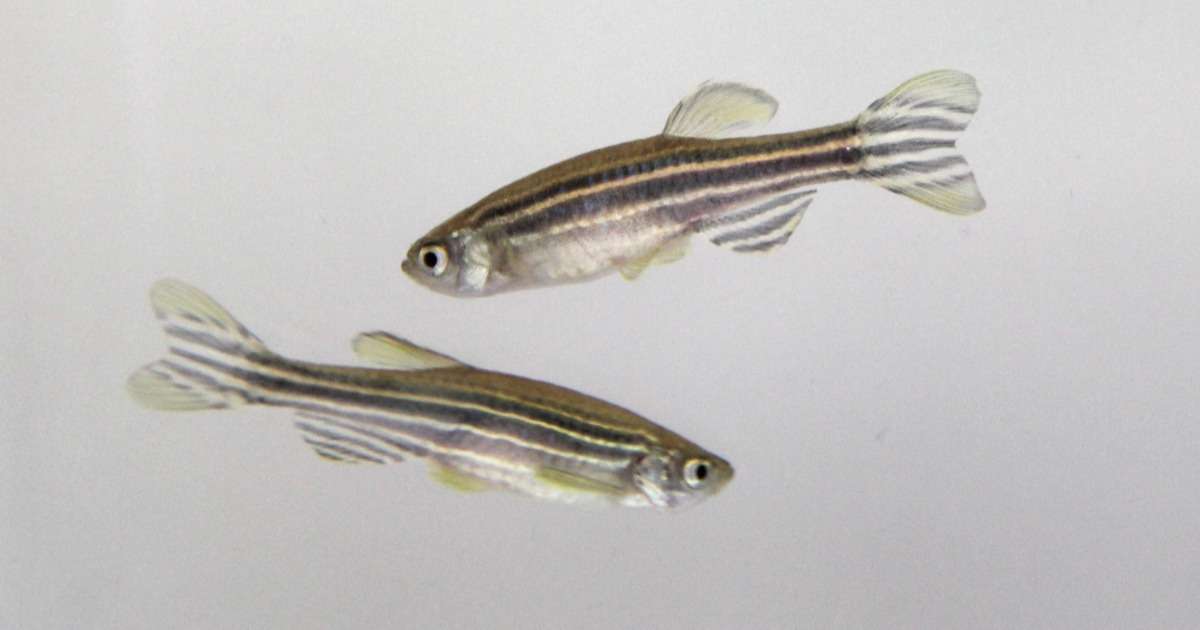
5 must-read articles on zebrafish behavioral research
I have been reading a lot about zebrafish research lately and I thought it would be nice to share some of my favorite articles with you.

Don’t dwell on it… dive into zebrafish research!
I recently wrote about other translations from rodent studies to zebrafish, such as the investigation of learning and memory and social behavior. Now it’s time to talk about anxiety and exploration.
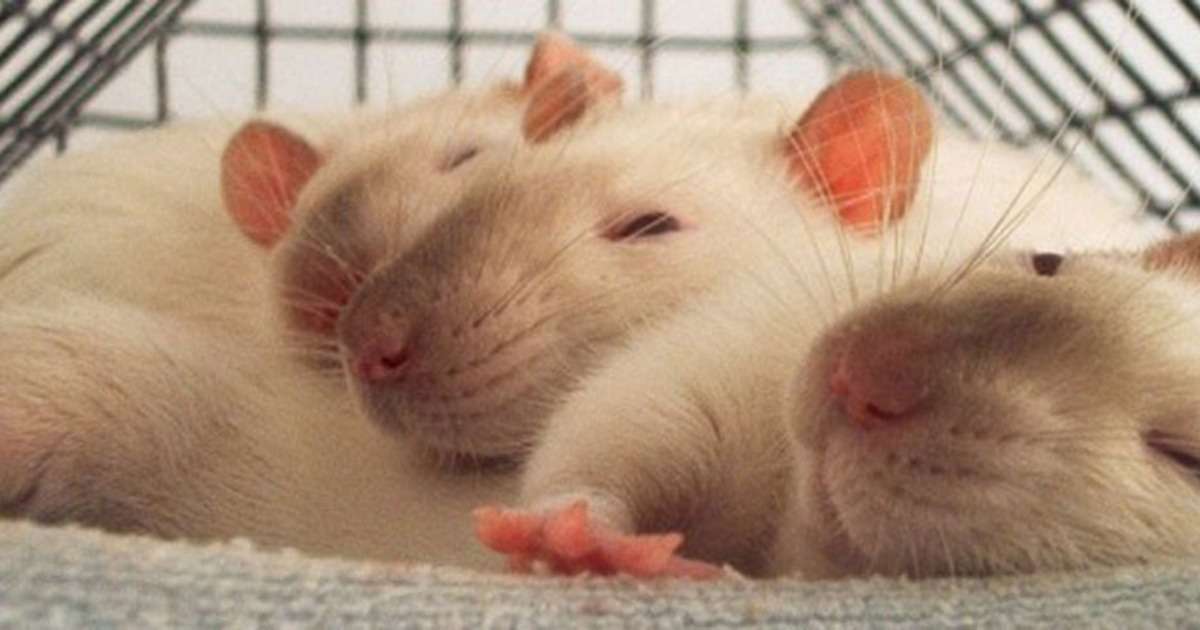
The search for autism models continues - why rats are important
Autism (ASD) continues to be an important topic in scientific research. Although finding the actual cause of ASD is still years away, there have been several studies that point to a strong genetic component.
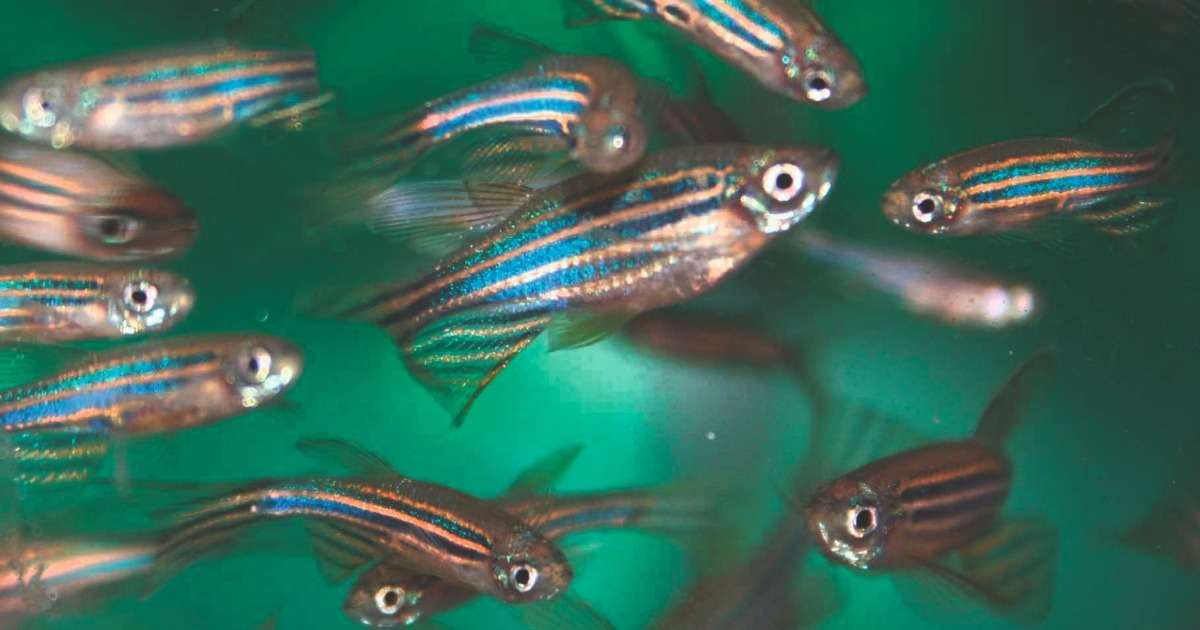
Sex preference and other social aspects of zebrafish behavior
Social behavior is a well-known topic of neuroscience research, since it is so often affected in psychiatric disorders. Think of obvious examples such as schizophrenia and autism.
